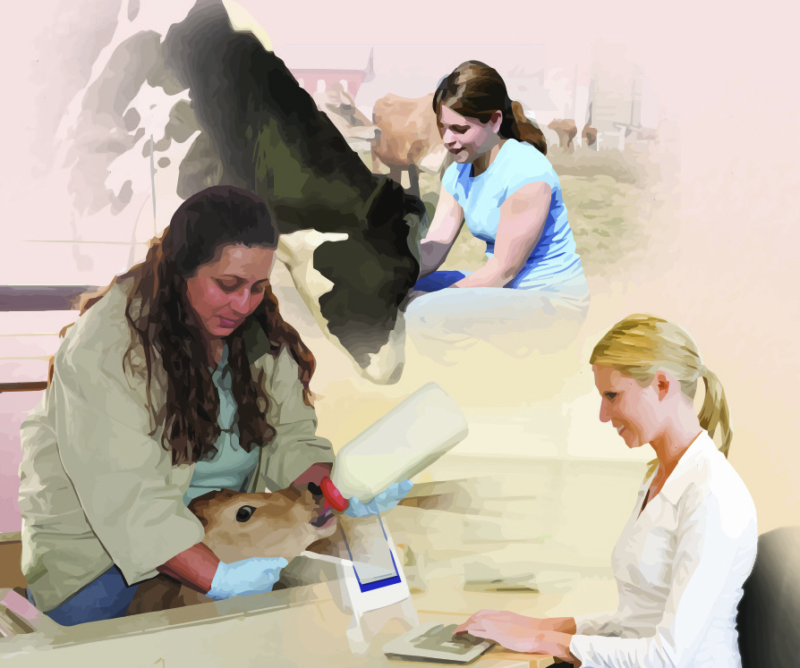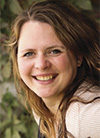Every planting season brings a sense of excitement and opportunity to try something new. Each spring also seems to come along with its own challenges. This year, we decided to no-till plant our corn crop not only green (into a living cover crop) but without a planter monitor.
Our monitor had been sent to Iowa for repair but failed to reach its destination after 24 days in the post office’s possession. Even after its much faster arrival to its destination via a different carrier, we’d reached a point where we could no longer wait because a week of rain was looming in the forecast.
My husband, Sam, loaded up the planter and took off anyway. He discovered that not only was green cover easier to plant into than dying residue, but the seed seemed to be leaving the planter. And, wouldn’t you know, it emerged from the soil after nine days – and 4 inches of rain.
It’s courageous to put a seed in the ground no matter how you slice it because there’s always the chance it doesn’t come up. Even if we had a corn planter with a functional monitor and even more bells and whistles than our Deere 7200 Conservation planter, there are very few guaranteed things in life that aren’t death and taxes.
There are even fewer guarantees in a vocation as laden with risk and uncertainty as ours, and even with risk management and best management practices in place, it’s enough to make even the most even-keeled individual anxious and apprehensive.
However, in a dynamic and volatile industry, we can’t afford to live life with blinders on or confine ourselves to dairy farming how Grandpa or even Dad did it.
Even more paramount than our survival in a consolidating industry is the fact that life is short and moves faster as we get older. We are simply too mortal to be mediocre.
When everything we do feels like a gamble, what’s the secret to surviving? It’s knowing what to throw away and what to keep or prioritize. As the great folk poet Kenny Rogers said, “You’ve got to know when to hold ‘em, know when to fold ‘em.”
Another secret is taking risks and doing it scared; feeling the fear and doing it anyway.
Let me be clear that I’m not glamorizing anxiety disorders or gambling addictions. I’m not asking you to discount your intuition if it’s telling you something isn’t right, either. Rather, I’m talking about living outside our comfort zones and taking calculated risks that benefit our businesses and families in the long run.
Of course, taking risks and stepping outside our comfort zone to try something new opens us up to a level of vulnerability that leaves us feeling almost naked. What if it doesn’t work out? What if we fail? Most pressingly, in an industry deeply dependent on interpersonal relationships, what will other people think or say about us?
It doesn’t matter what that something is, either, or how big it is.
Are you going to switch seed or feed suppliers?
Are you going to change a few management practices on your farm?
Do you want to develop an additional on-farm enterprise like cut flowers or another specialty crop?
Is there a conservation practice you want to try, but you’ve been told your entire life that it won’t work here?
Are you taking the plunge into processing some or all of your own milk?
The antiquated "This is the way we’ve always done it" mindset has stymied the stories of more family farms than we realize at first blush.
While there’s always a non-zero chance that trying something new, big or otherwise different might blow up in our faces for all the world to see, let’s instead ask ourselves this question: What if it does work out?
May the answer to that question give us all the strength and grit to feel the fear and do it scared anyway.











